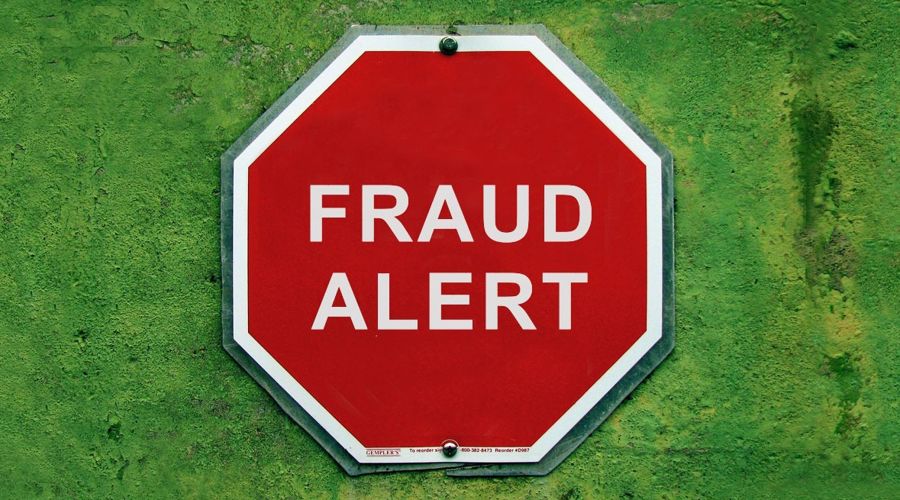New Zealand scammed by fake FCA emails
A new scam has emerged targeting New Zealanders who have been subjected to financial scams, with scammers posing as the UK's Financial Conduct Authority (FCA) contacting residents claiming they could help recover lost funds.。

A new scam has emerged targeting New Zealanders who have been subjected to financial scams, with scammers posing as the UK's Financial Conduct Authority (FCA) contacting residents claiming they could help recover lost funds.。
Crooks posing as British authorities target New Zealanders
The Financial Markets Authority of New Zealand (FMA) recently discovered a new incident in which a scammer used a "@ fcafinances".e-mail address at the end of "com" to contact local residents。This email domain name does not match any legitimate FCA addresses that end with "fca.org.uk, "" fcanewsletters.org.uk "or" fcamails.org.uk "。
An FMA spokesman said: "We are concerned that this is a money recovery scam in the name of the FCA and advise caution when dealing with any individual claiming to be from the authorities who has expressed a willingness to help recover the funds.。"
The Reserve Bank of New Zealand (RBNZ) believes that scammers specifically target those who have become victims of financial scams because they may be particularly vulnerable and eager to recover lost savings, increasing the credibility of scammers by posing as real authorities.。
It is not clear how the scammer obtained information from previous fraud victims.。New Zealand's central bank recommends that anyone receiving an unsolicited recovery offer should verify its source, carefully check email addresses and consult an independent financial adviser before sending any payments.。
Payment is one of the foundations of the medium of exchange in the modern world, which refers to the transfer of legal tender or equivalent by one party to another in exchange for goods or services of the other party.。Payments have become a fixed part of modern commerce, although the participants and means of exchange involved have changed dramatically over time.。In particular, the party making the payment is referred to as the payer, while the payee is the person or entity receiving the payment。Most commonly, payment is one of the foundations of the medium of exchange in the modern world, when one party transfers fiat currency or equivalents to another party in exchange for goods or services from the other party.。
New Zealand's financial watchdog recently expanded its warning list, adding five companies.。These companies offer retail trading, asset management and time deposit services.。It is worth noting that some of these entities have been identified as duplicates of existing normal operating institutions.。
Increase in counterfeit regulators and imposters
New Zealand's potential for financial fraud and unlicensed business activity has significantly decreased since mid-2022。However, the number of websites disguised as registered companies offering transactions and financial services to retail customers is on the rise。
The Financial Markets Authority (FMA) added a new category of "fake websites" to its report, highlighting a sharp surge in the number of companies and fraudulent individuals posing as licensed companies.。In 2023, the Financial Markets Authority issued 29 warnings in this category, with a total of 89 warnings issued throughout the year, down from 111 in 2022.。
Statistics from other regulators also point to a growing trend of imposters and fake regulators actively engaging in recovery scams.。In November 2023, hundreds of forex / CFD traders in Poland were defrauded of more than €2 million in such scams.。
Disclaimer: The views in this article are from the original Creator and do not represent the views or position of Hawk Insight. The content of the article is for reference, communication and learning only, and does not constitute investment advice. If it involves copyright issues, please contact us for deletion.